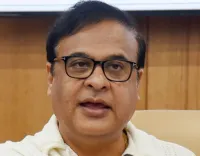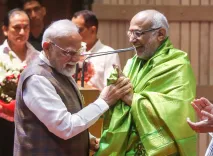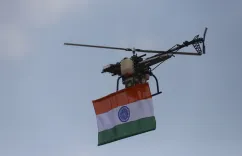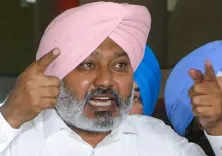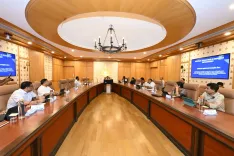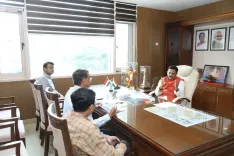Empowering Artisans: The Impact of Prime Minister Vishwakarma Yojana on Rajaram Prajapat in Neemuch
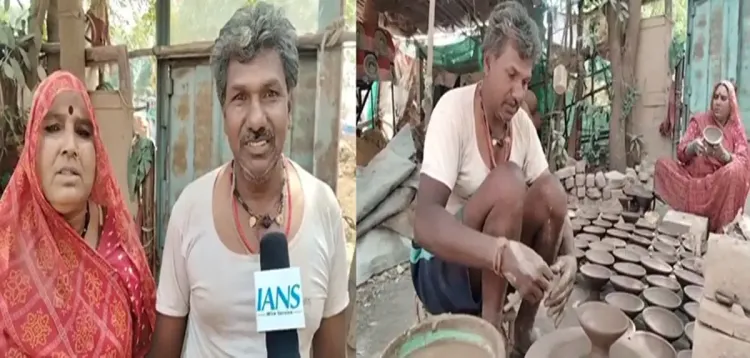
Synopsis
Key Takeaways
- Empowering artisans through financial support.
- Training provided for skill enhancement.
- Integration of traditional craftsmen into mainstream development.
- Launch of the scheme on Vishwakarma Jayanti.
- Financial assistance for various trades.
Neemuch (Madhya Pradesh), April 5 (NationPress) The Prime Minister Vishwakarma Yojana, designed to integrate the nation's underprivileged artisans and craftsmen into the mainstream development framework, is transforming lives across diverse communities. Rajaram Prajapat, a local artisan from Neemuch, Madhya Pradesh, has publicly acknowledged Prime Minister Narendra Modi for the significant advantages he has gained from this initiative.
Rajaram Prajapat, a skilled potter in Neemuch, shared with IANS that he secured a loan of Rs 50,000 through the Prime Minister Vishwakarma Yojana. This program not only provided him with financial resources but also training, which enabled him to acquire machinery for crafting clay utensils and other essential supplies.
In his conversation with IANS, Rajaram highlighted that pottery is a family tradition that has been passed down through generations. His father and grandfather were also engaged in this craft. The loan of Rs 50,000 he received was instrumental in allowing him to expand his pottery business.
He added that the training under the Prime Minister Vishwakarma Yojana included skills for making clay utensils and toys, expressing heartfelt thanks to PM Modi for the support received through this program.
The primary objective of this initiative is to economically empower traditional artisans and craftsmen. This scheme was established to integrate the nation’s impoverished artisans and craftsmen into the broader development narrative.
On December 17, 2023, PM Narendra Modi inaugurated the Prime Minister Vishwakarma Yojana in honor of Vishwakarma Jayanti. The initiative offers training and loans to unemployed individuals, aiding them in securing employment and fostering self-employment opportunities. The government is committed to providing financial assistance and skill development training to thousands involved in trades such as carpentry, blacksmithing, goldsmithing, pottery, tailoring, barbering, cobbling, sculpting, and toy making, among others.

